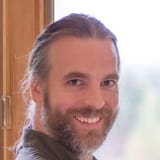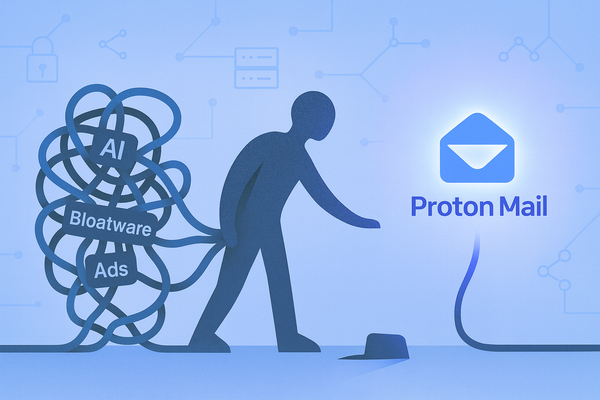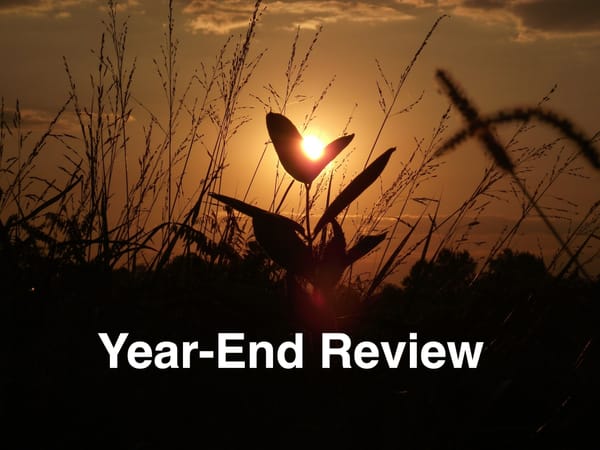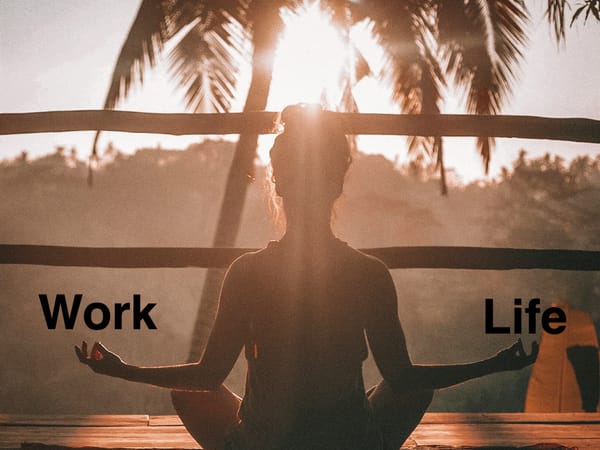Book Summary: Die with Zero
A summary of key concepts for clinical research consultants from the book Die with Zero: Getting All You Can from Your Money and Your Life by Bill Perkins.

I just finished reading Die with Zero: Getting All You Can from Your Money and Your Life by Bill Perkins.
The central idea of the book is to engineer your life so that you maximize enjoyment throughout your life, rather than waiting for retirement in your 60's or 70's to reap the fruits of your labour.
How you accomplish this is basically by balancing spending and saving throughout your lifetime. Spend enough every year to enjoy life, while still saving for emergencies and for future years.
The ultimate goal, as the title of the book suggests, is to die without having a large amount of money left over that you could have used earlier in life on experiences.
It is a good read for anyone starting or growing a clinical research consulting business.
There are many key concepts outlined in the book. This article will summarize the most relevant to a consulting business. Let's get started.
#1 Experiences are Worth more Than Things 🎭
If you want to maximize life enjoyment, then focus on spending your money on experiences and not things.
For example, take a special someone out for a dinner and a show versus buying a new trinket.
The real value of the experiences are when you remember them on your own or with those you shared them with. Your memories are priceless.
When you get to the end of your life will you have regretted that you didn't buy enough trinkets or that you didn't spend enough time with your loved ones?
#2 The Three Pillars of Leisure ⛰️⛰️⛰️
A core concept for this book is that there are 3 necessary components for enjoying leisure experiences:
- Health
- Money
- Free Time
Health 🏥
Health is by far the most important. If you are too sick or too old to move around, you wouldn't be able to enjoy a trip to Vienna as much as you would if you were healthy. It would be hard to get out and enjoy the sites.
There is no mistaking that health declines on average as we age. Of course there are fit people in their 60's, but they will still be limited by their age. How many 60 year olds still play contact sports?
If you wait until later in life to spend your money on experiences, you may not be able to enjoy them as fully as you would had you done so when you were young and healthier.
If you want to extract more enjoyment out of life you need to stay healthy for as long as possible. Improve cardiovascular function, muscle mass, and flexibility.
Money 💰
This one may be the most obvious.
You need some amount of money in order to enjoy leisure. Sure, some awesome experiences can be had for free—a walk in the park at sunset or hanging out with good friends around a fire. However, some truly magical experiences cost money.
A few examples: traveling to another country, a good restaurant meal, a private concert, or a big gathering of all your friends and family.
Money will need to be saved—and spent—to maximize life enjoyment.
Free Time 📆
This one is also obvious, but to enjoy leisure experiences, you need time!
Free time can be especially hard for anyone running a clinical research consulting business to find. There is always a client message to respond to, a sale to make, or a problem to be solved.
But work and life need to be in balance if you want to enjoy your time on this earth.
If you find yourself drowning in too many things to do with not enough time, have a read through this article on productivity and grab some tips to take back your time.
Three Pillar Problem ⚠️
The three pillars health, money, and time are important to enjoy experiences. However, you will never have an abundance of all 3 at the same time.
When you are young you have health and time, but no money.
In middle age you have health and money, but no time.
During retirement you have money and time, but no health.
The solution to this problem is to cater your experiences to you situation.
When you are young, enjoy more free experiences and if you can, and those that require peak health, such as contact sports or back-country skiing.
When you are middle aged, avoid the temptation to trade your time for more money. You will never get the time back, and some experiences may pass you buy.
You can find ways to buy back your time (such as purchasing a house cleaning service).
As clinical research consultants, we have the luxury of taking on less clients to increase the amount of free time. We can also buy back our time by outsourcing bookkeeping, legal tasks, tax filing, and other chores.
When you are retired, enjoy experiences that your health allows, but don't wait too long to enjoy life!
#3 Don't Forget about Kids 🧒
I found the section of the book on kids very interesting and timely. I have an infant now and am trying to find the right balance of work and life.
Kids and Time ⌛
The author makes a great point that the best thing you can give your children is your time and attention.
As clinical research consultants it is tempting to focus only on making money, convincing ourselves that it is for the family. You might think "If I take on this extra project, we can go on that trip this summer."
But what is more important is spending time with your family, and doing it right now. You will have a greater impact on your child's life by spending the day with them than buy earning an extra day's pay.
If you focus too much on work throughout your life, you risk having a strained relationship with your children when you are older. I am sure we all know someone in this situation with their parents.
Kids and Money 💵
If you plan on giving your kids money, it is best to do so when they actually need it.
It is typical for parents to save up a large nest egg to leave their children. The problem with this is that you are likely to pass away in your 80's or 90's, meaning your kids will be in their 60's or 70's. At this point, an inheritance is not that impactful.
It would be more impactful to give your children money when they need it most. Such as for college/university, to buy a car, or a down payment on a house.
Summary
This article has summarized key ideas from the book Die with Zero: Getting All You Can from Your Money and Your Life by Bill Perkins. at that Frog! by Brian Tracy.
A great starter on balancing spending and saving, work and life. This book should be considered by anyone starting and growing a clinical research consulting business.
If you found this information useful, please consider sharing. If you want more of this content, please consider subscribing. If you have insights of your own please consider reaching out to me. Get in touch!




